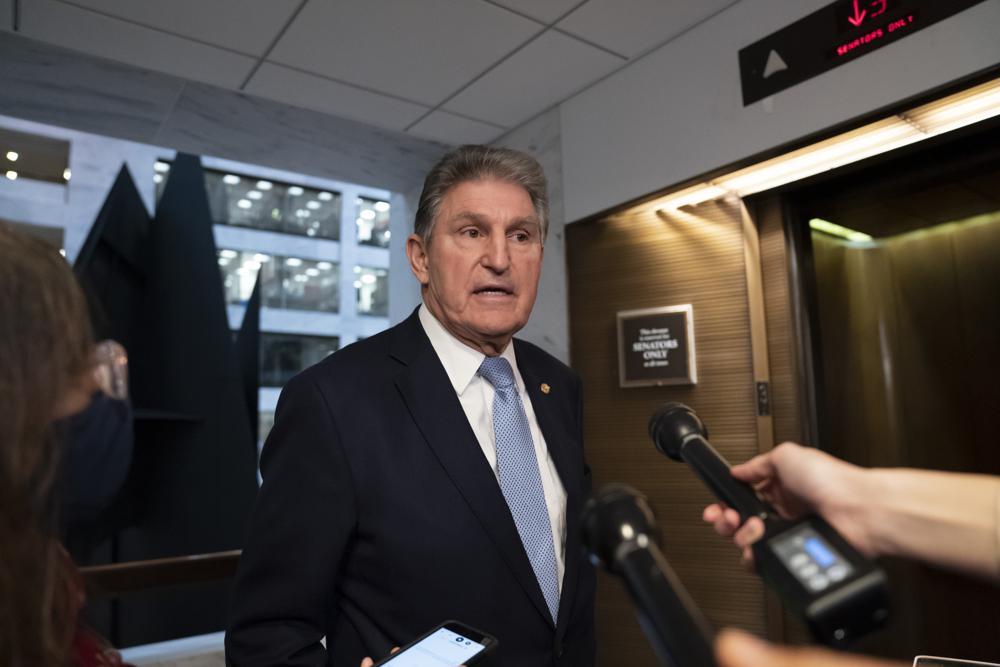Sen. Joe Manchin (D-W.Va.) on March 29 says he doesn’t support President Joe Biden’s recently unveiled proposal to increase taxation on billionaires, saying the plan would tax assets billionaires don’t have.
Biden’s proposal, called the Billionaire Minimum Income Tax, would place a minimum tax rate of 20 percent on America’s wealthiest households. The plan would go a step further than many other plans, however, to tax unrealized gains from stocks, bonds, and similar assets.





